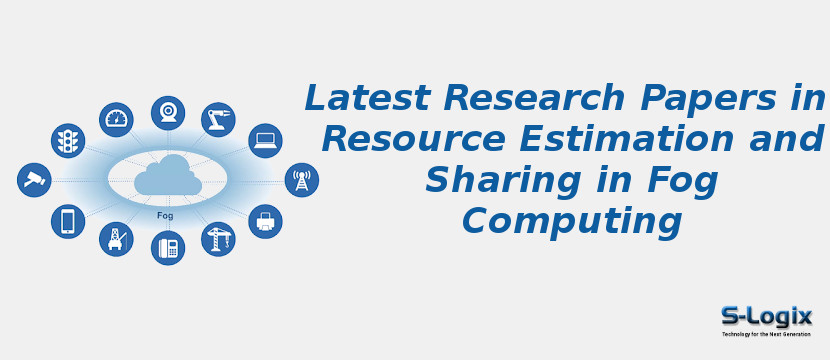Resource estimation and sharing in fog computing is an important research area that focuses on predicting the availability and demand of computational, storage, and network resources across distributed fog nodes and enabling efficient sharing among multiple applications and users. Research papers in this domain explore techniques for accurate resource estimation using statistical models, machine learning, deep learning, and predictive analytics to anticipate workload variations and optimize resource utilization. Studies highlight resource sharing frameworks that consider heterogeneous node capabilities, network conditions, energy constraints, and Quality of Service (QoS) requirements to ensure fair, efficient, and reliable allocation of resources in multi-tenant fog environments. Recent works also investigate collaborative fog–edge–cloud architectures, dynamic resource negotiation, and service-level agreements to enhance scalability, fault tolerance, and real-time performance. Security- and privacy-aware resource estimation and sharing mechanisms are increasingly integrated to protect sensitive data while enabling trustworthy resource collaboration. Applications include autonomous vehicles, smart healthcare, industrial IoT, smart cities, and latency-sensitive multimedia services. Overall, research in resource estimation and sharing in fog computing enables adaptive, efficient, and secure utilization of distributed resources, ensuring high-performance, resilient, and cost-effective fog computing ecosystems.
